The most important element of this episode comes at the end of it, with the arrival of the last of the truly pivotal figures in this historical diorama. You knew as soon as you heard the unmistakable Ishida Akira in what seemed like a throwaway role that this was no mere traveling performer. Of course, the play he put on at Richard’s coronation would have been ample proof of that. This man is the Duke of Richmond, though history remembers him by another name (which I won’t yet share in deference to anyone unfamiliar with that history).
The circumstances by which Richard, Duke of Gloucester claimed the throne are at least superficially similar to what we see depicted here. The pretext for it was indeed that Edward’s sons were illegitimate, the product of bigamy. This was based on the fact that their father’s original marriage contract to Lady Eleanor Butler (negotiated by Warwick) was never annulled and thus, his marriage to Elizabeth invalid. Whether this was legally binding or not is rather beside the point – it was a case of Richard’s faction (probably spearheaded by Buckingham) outflanking the Woodville faction (with a great deal of public support). Edward was set to be crowned Edward V on June 22 – Richard had himself crowned about a week before that.
All of this silliness with Richard and Buckingham and Anne and their sex life I frankly don’t care much about, and it takes up too much time in the episode. The real matter at hand is the princes in the tower, perhaps the most infamous (and just plan famous) part of this entire drama. There’s no question that it was Richard that had his nephews taken to the Tower of London. As to what happened after that there’s every question, because we frankly don’t know a damn thing for certain. Richard certainly had motive and opportunity to do something terrible to them, but he wasn’t the only one (not even who appeared in this episode) who did.
For my part, I’m not interested in being told what to think about this historic episode by Shakespeare, or by the ones who had a vested interest in seeing a certain narrative accepted by history. Baraou no Souretsu’s take on it will be no more valid than anyone else’s, but it will nevertheless be interesting to see if it explores the possibilities the Tudors and the Bard summarily crowded out of the history books.


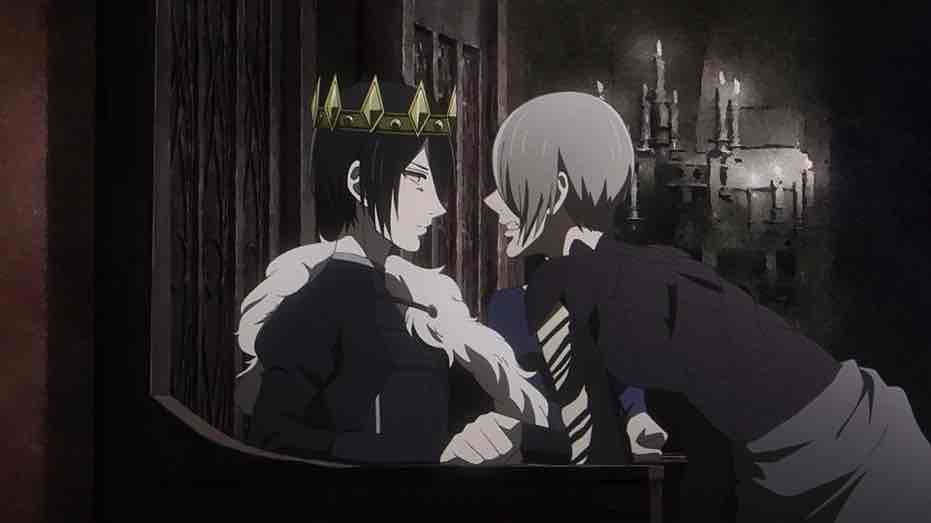
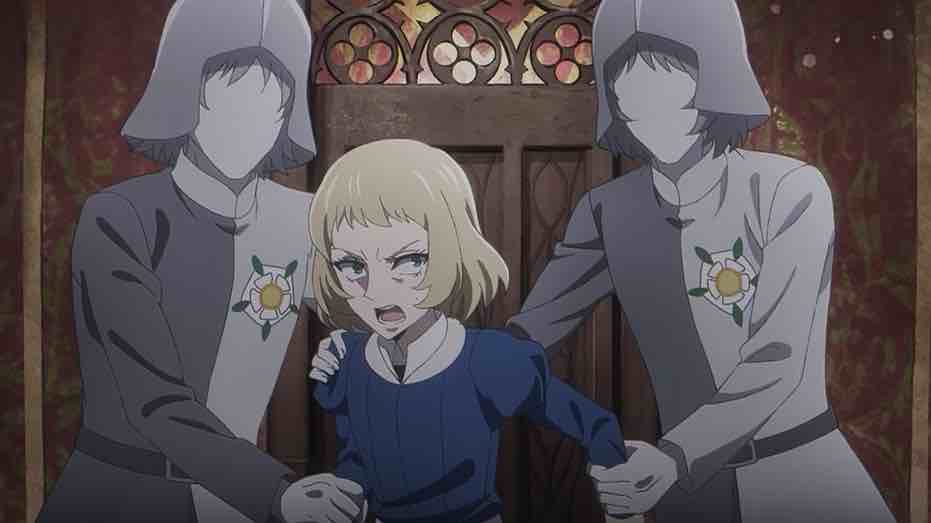
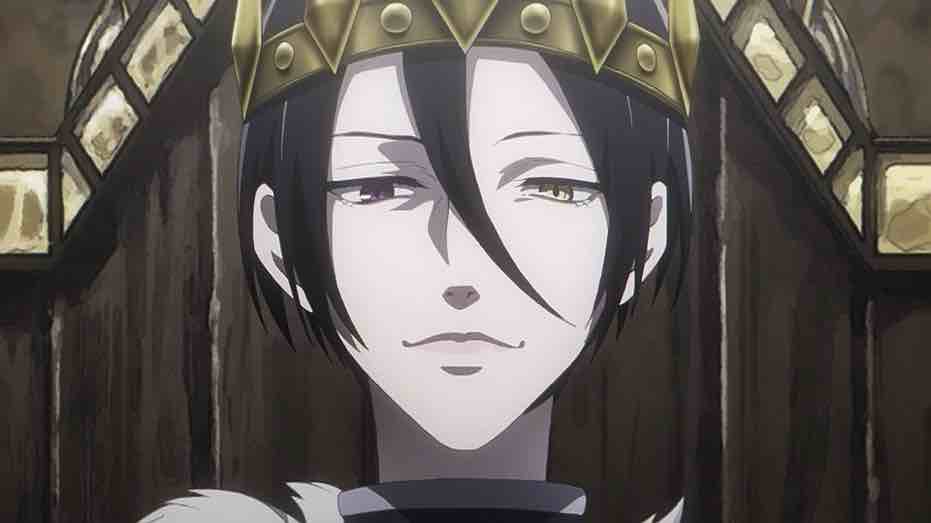
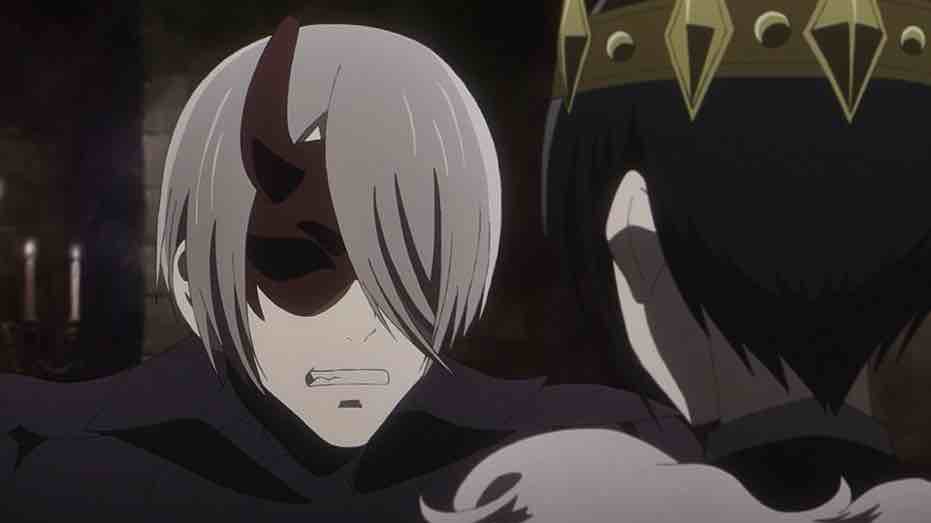
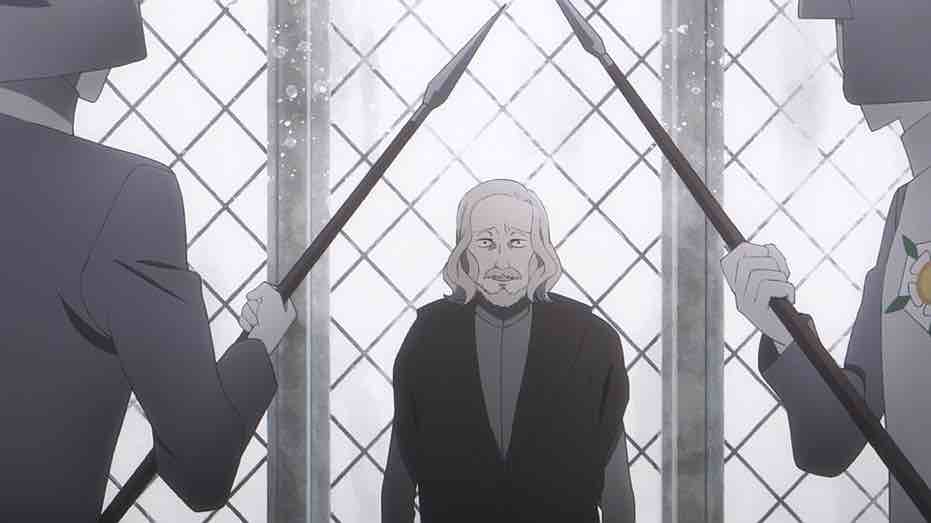
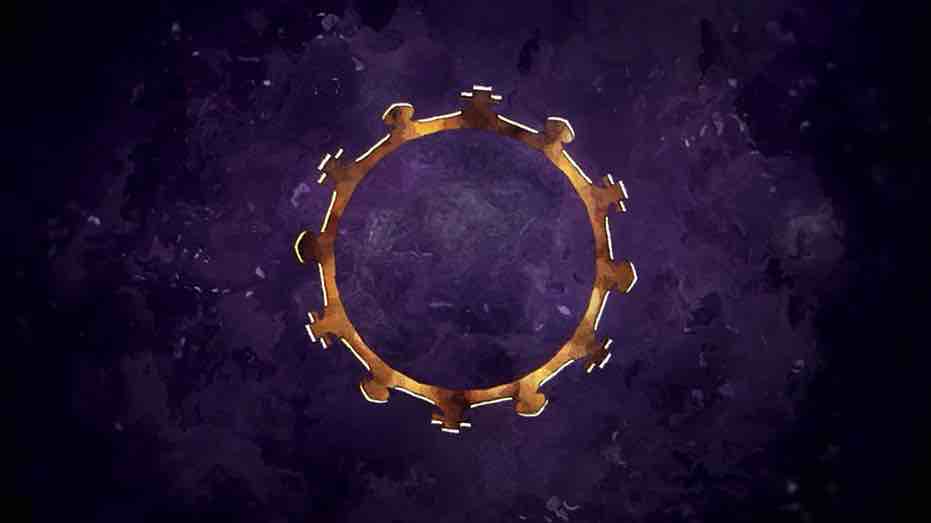
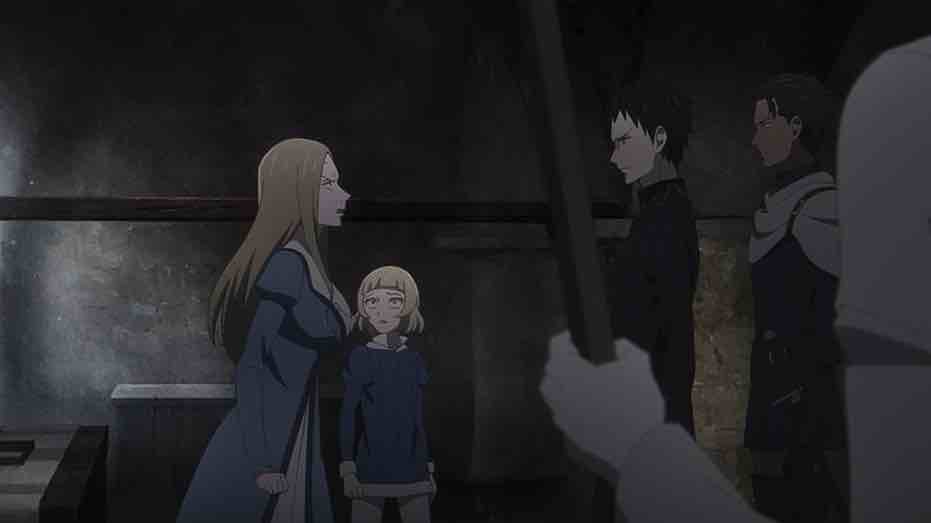
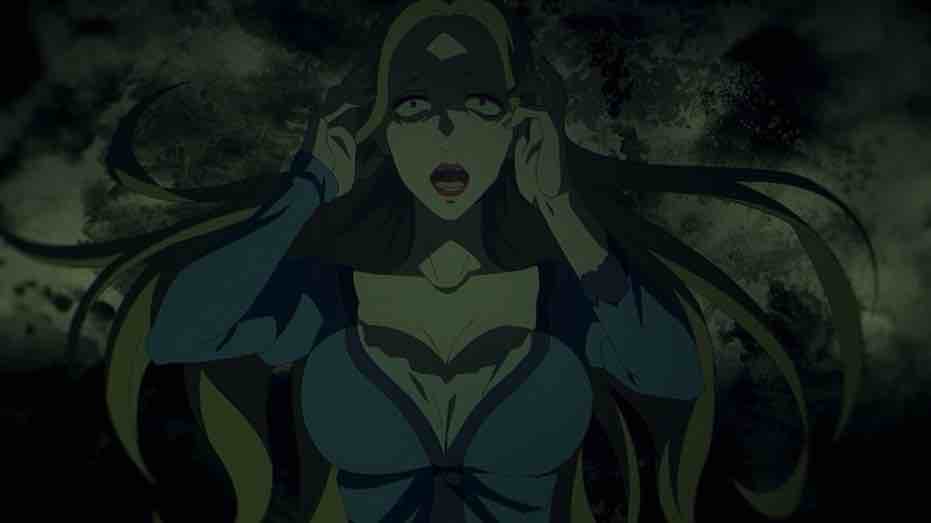
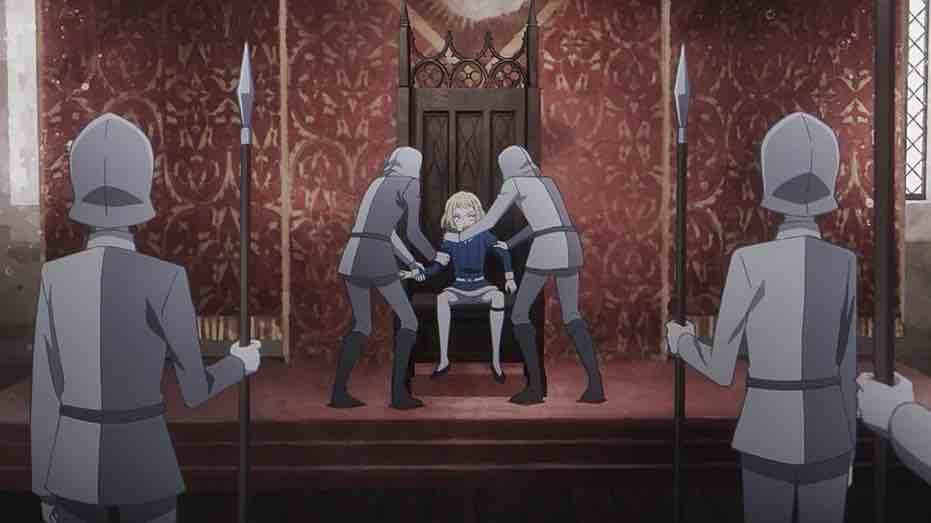
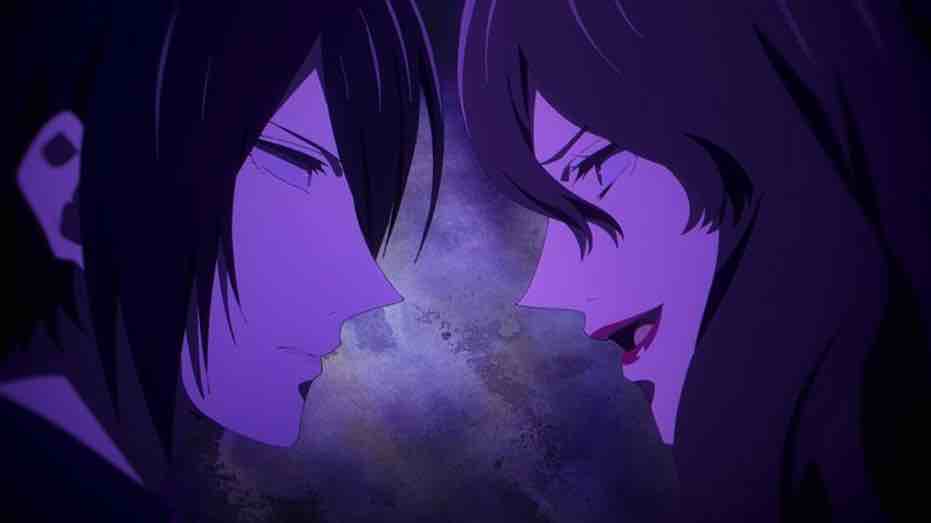
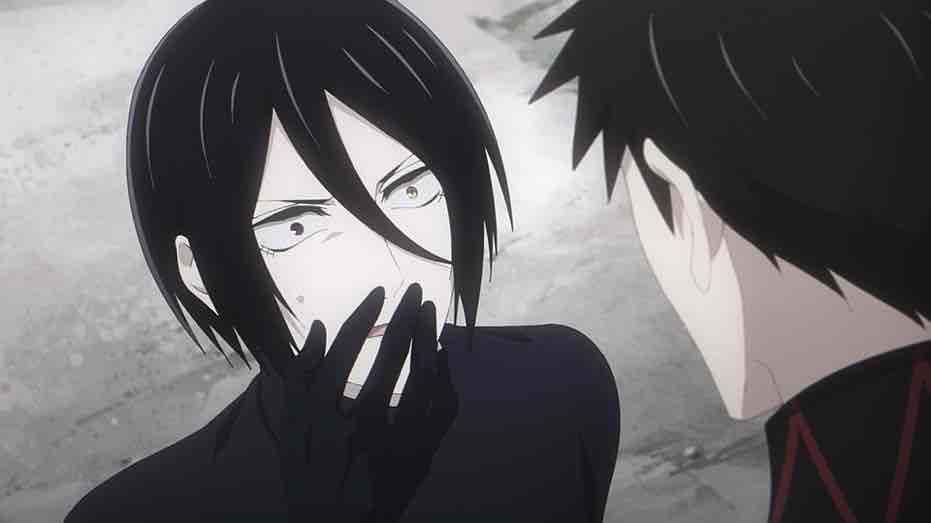
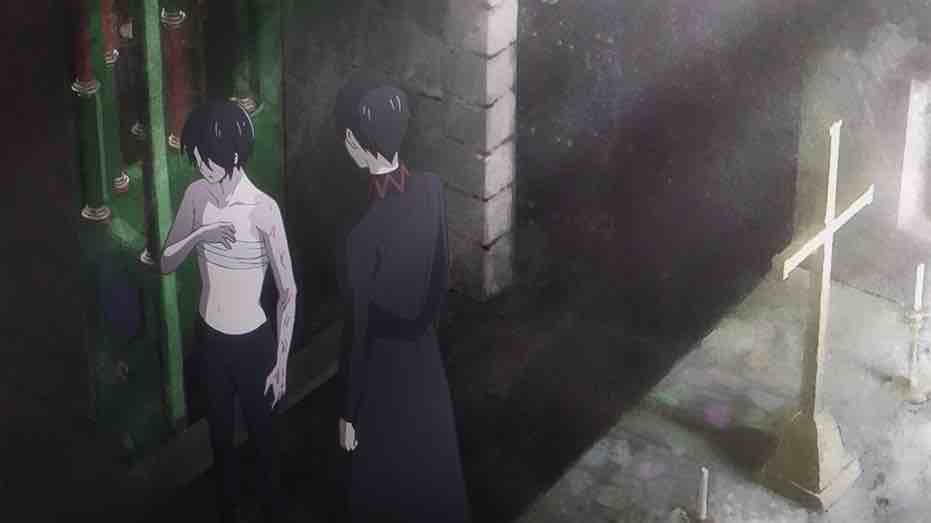
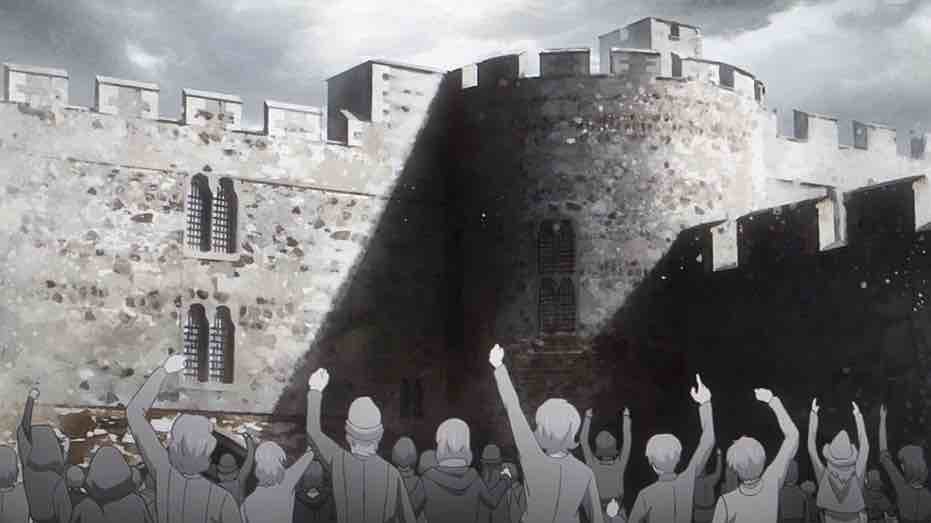
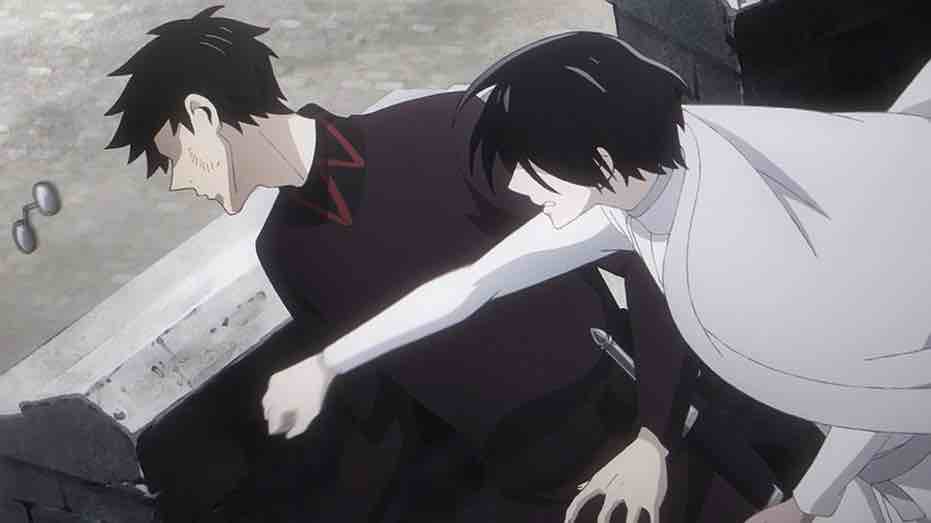
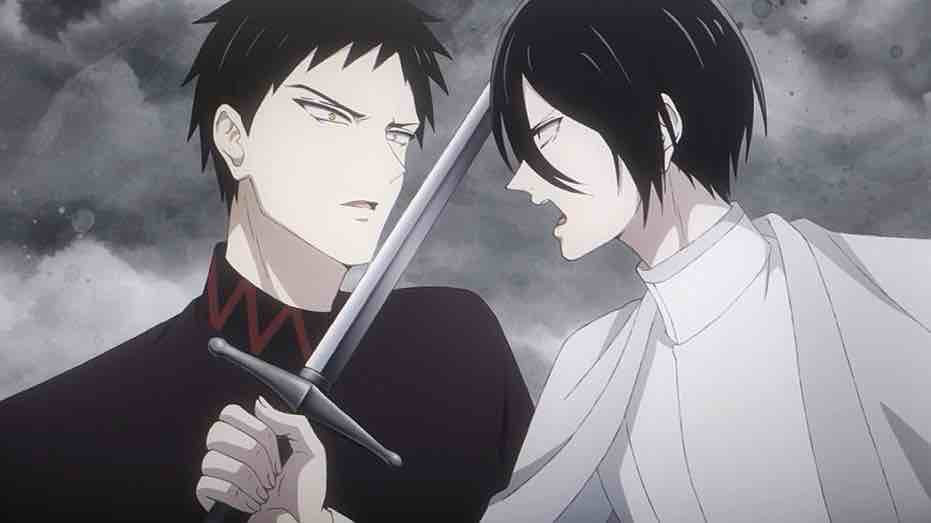
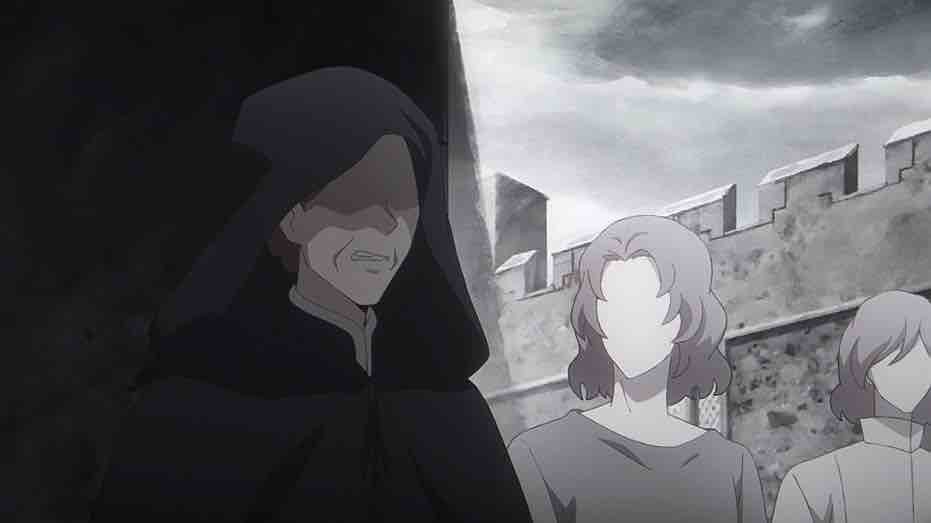

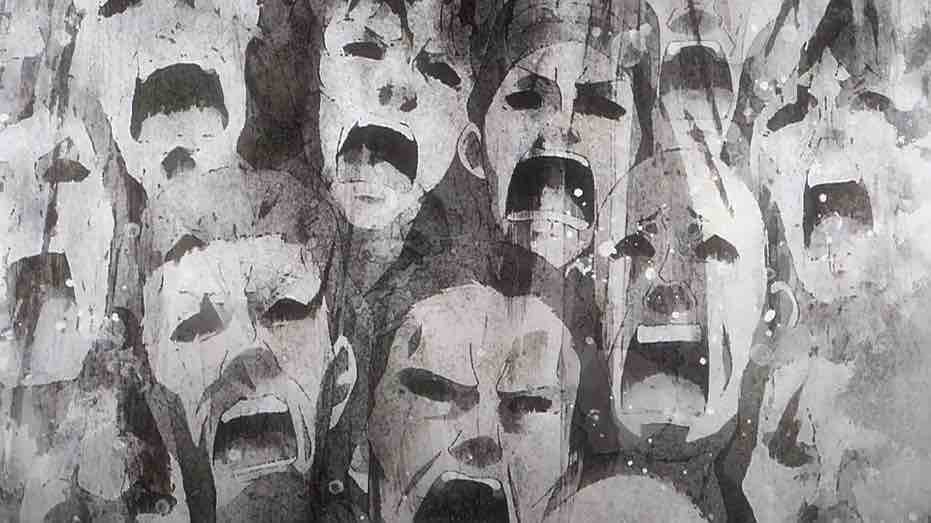
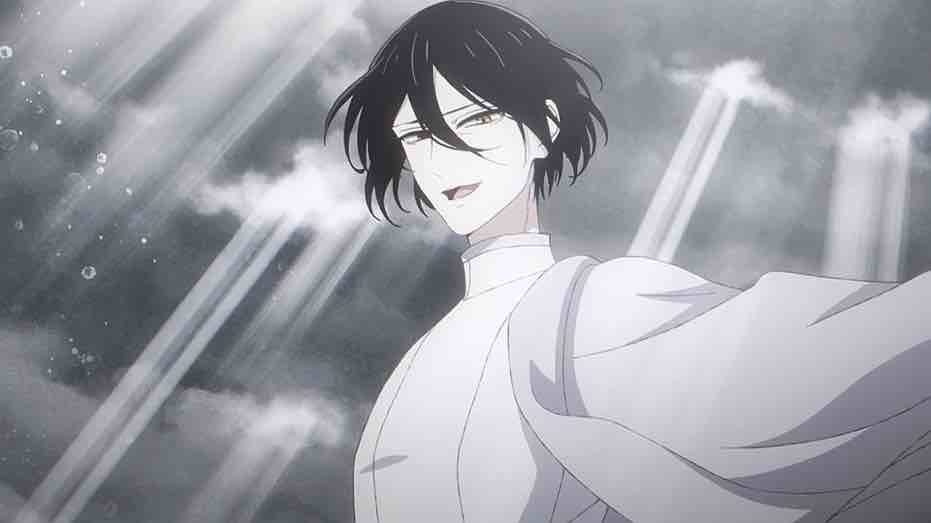
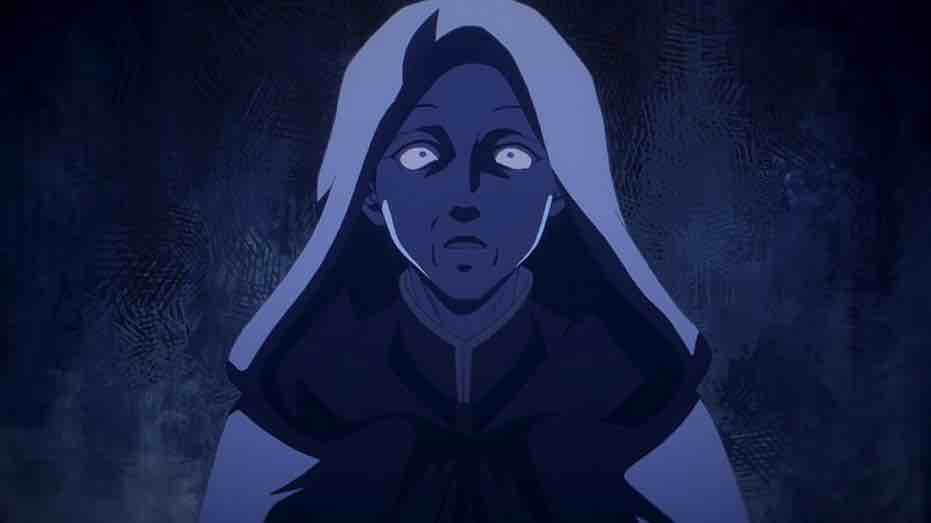
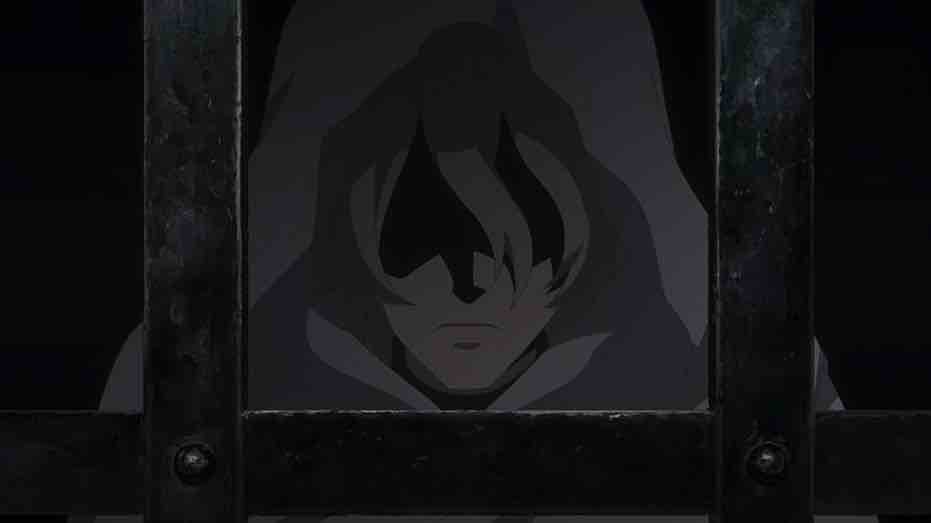
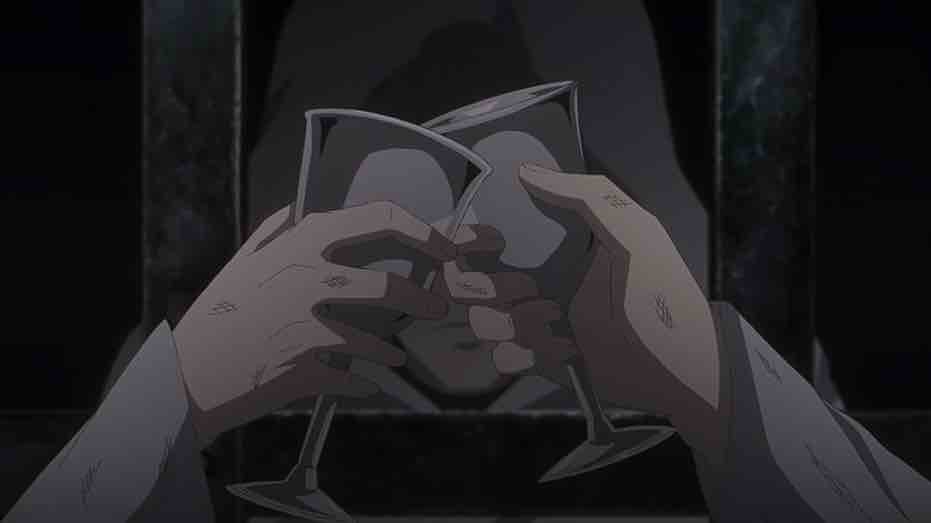
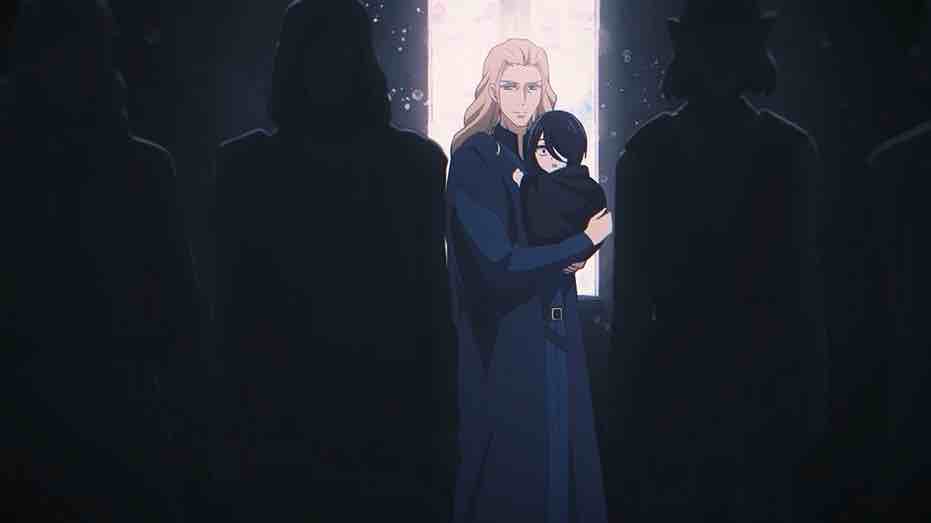
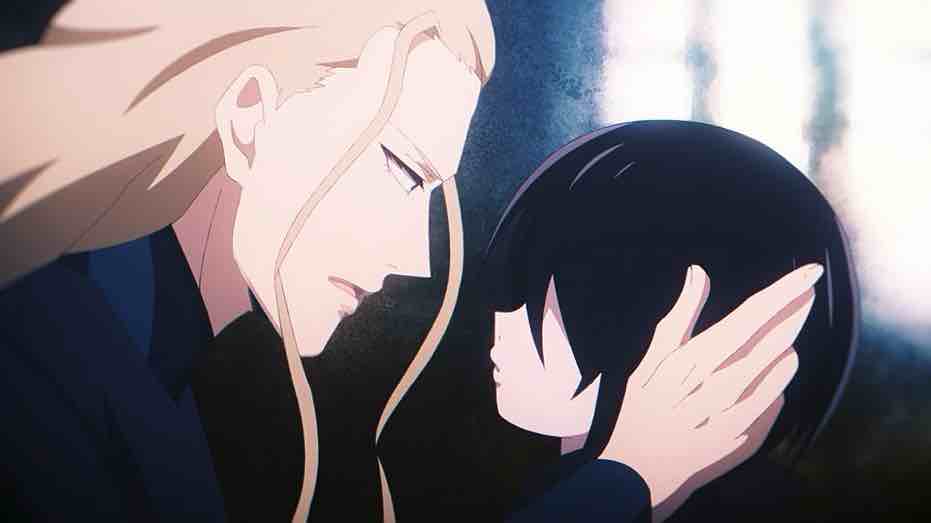
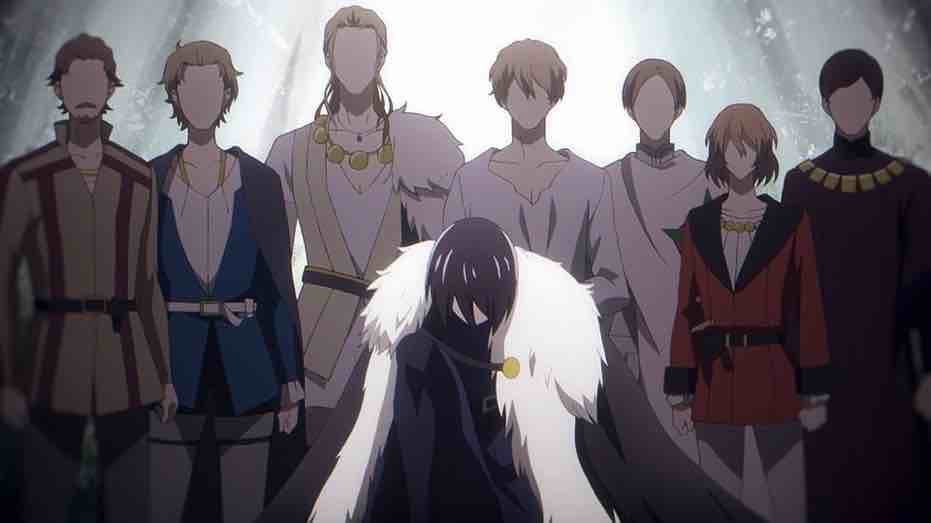
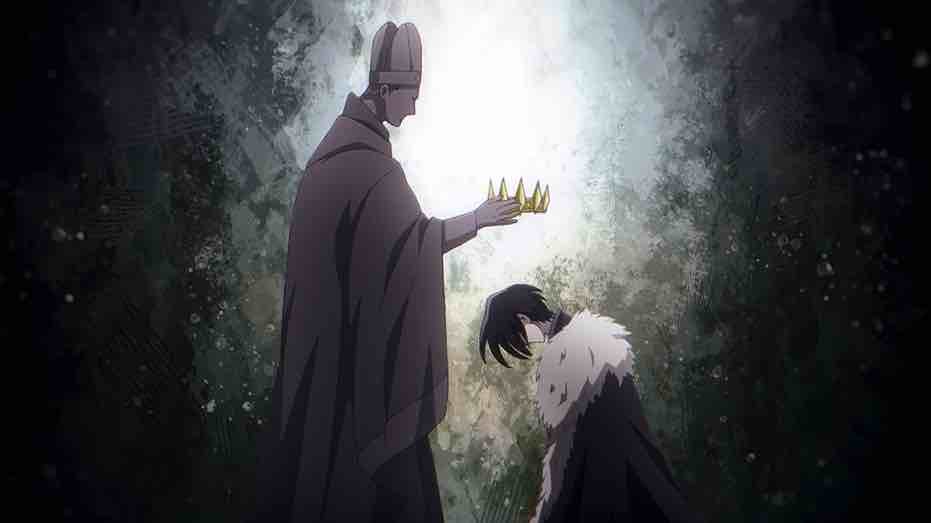
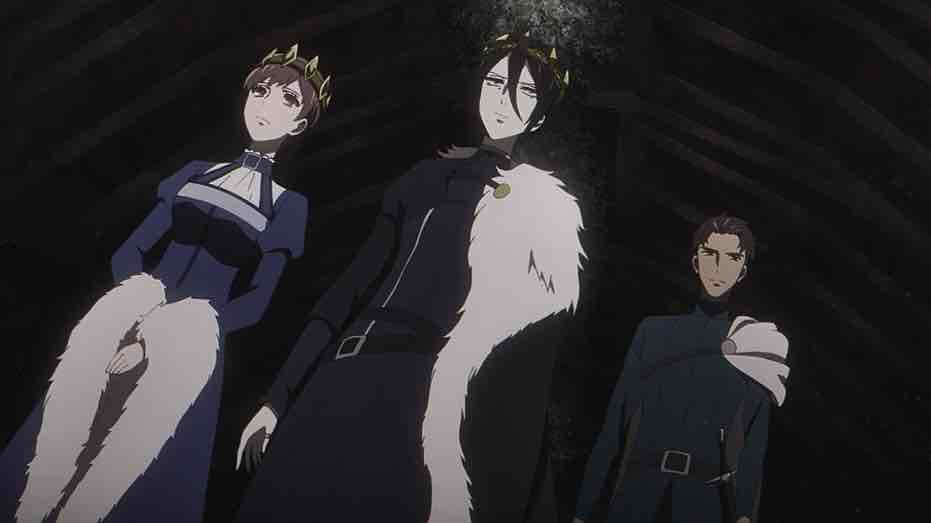
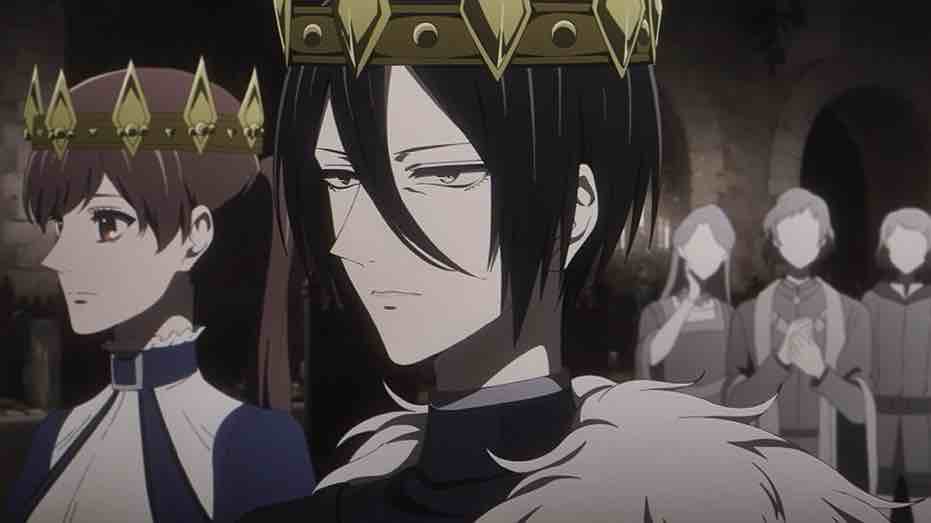
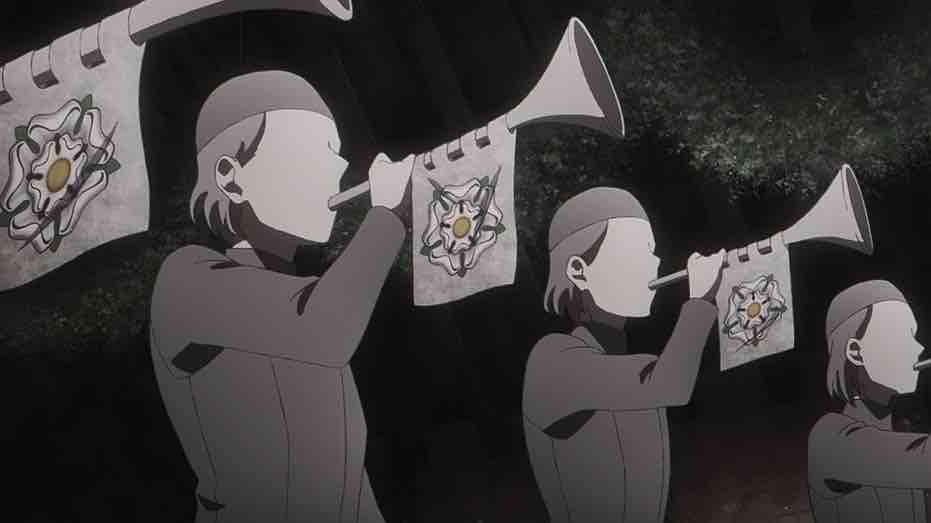
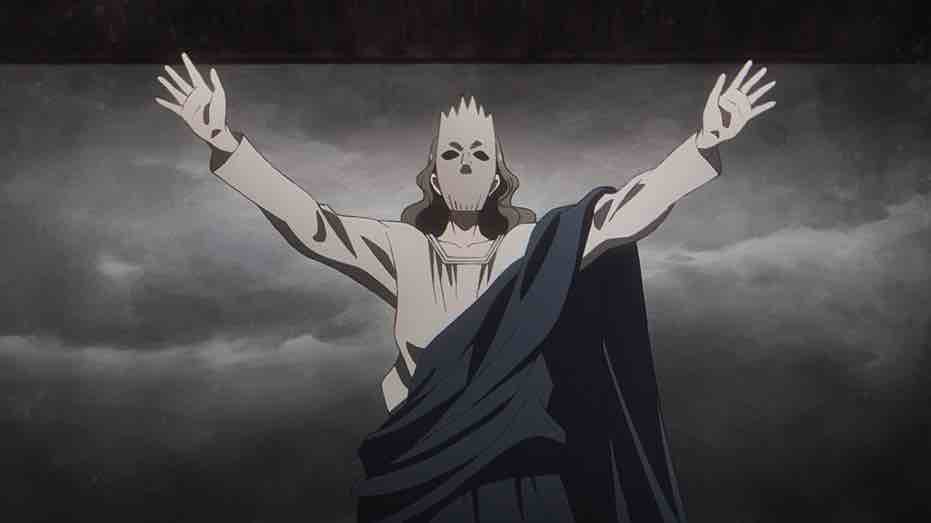
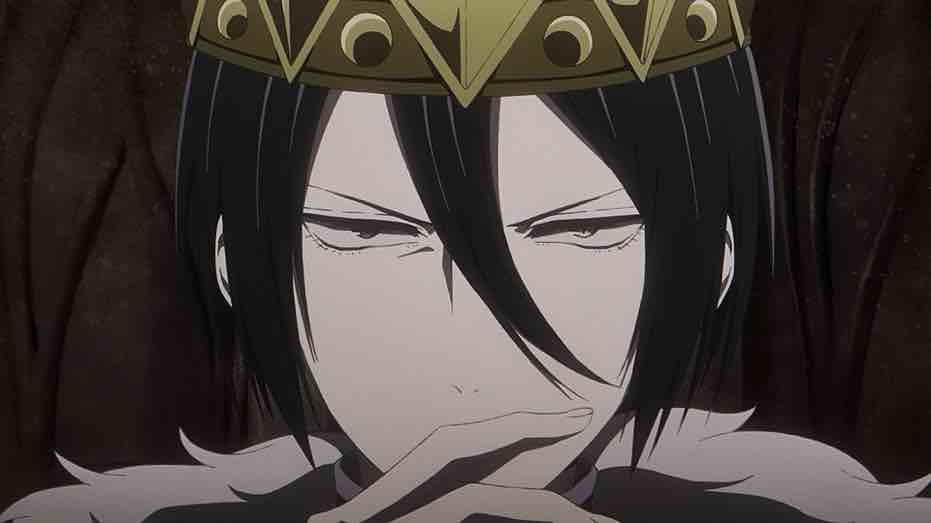
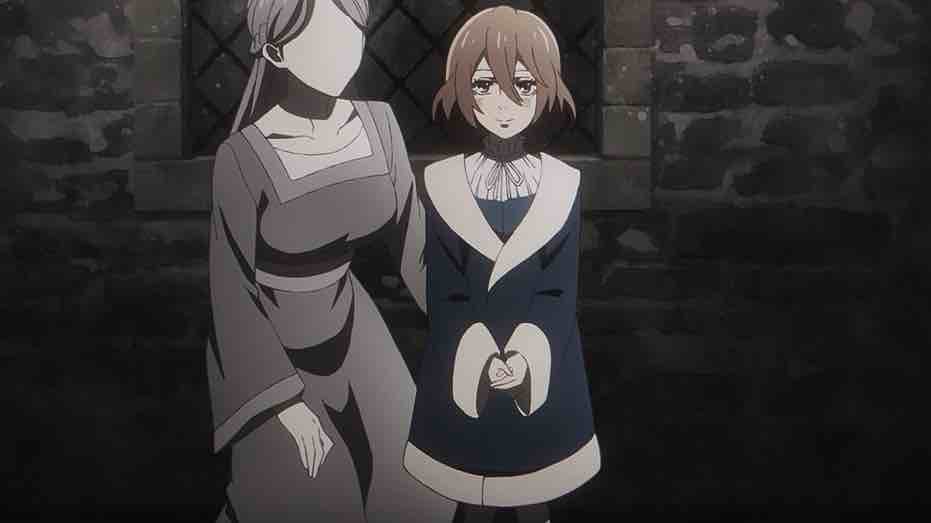
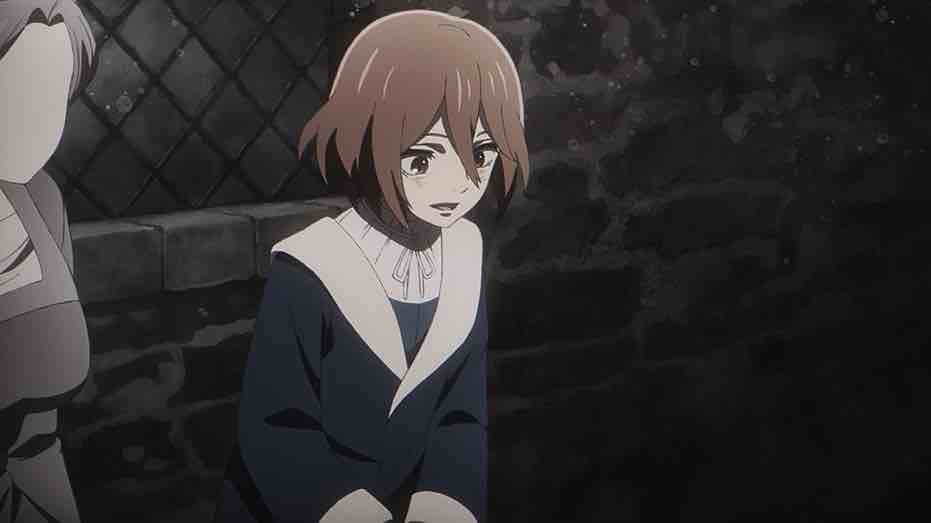
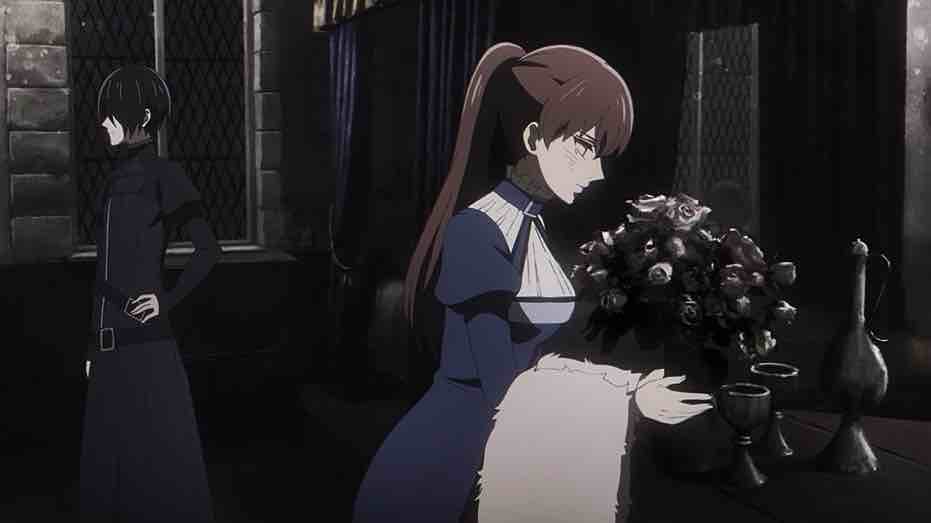
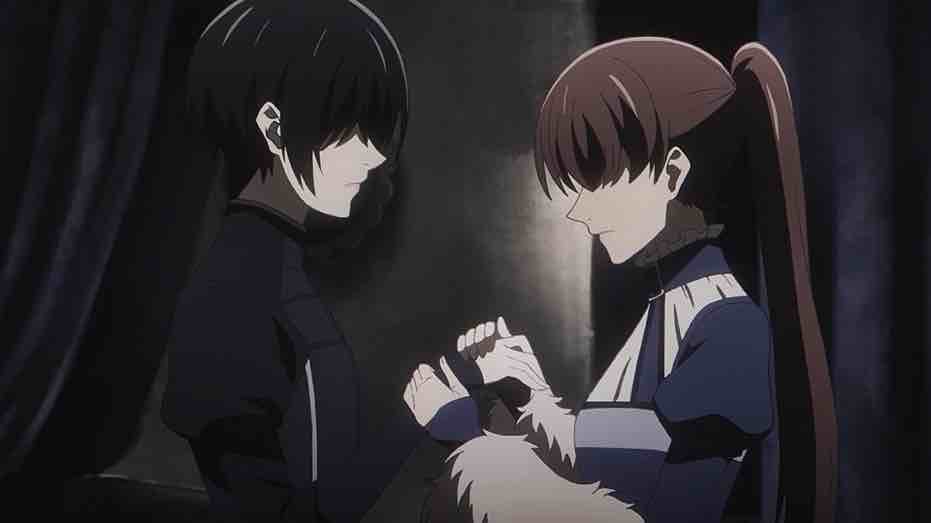
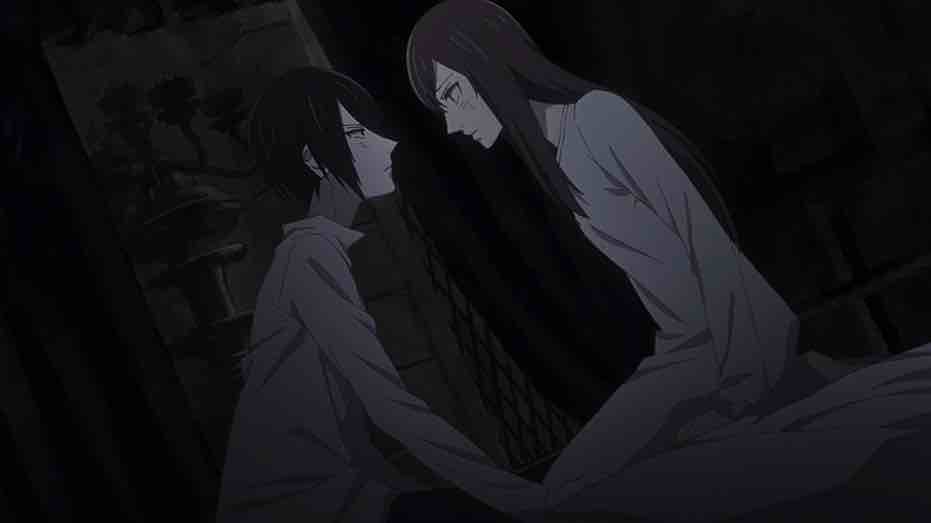
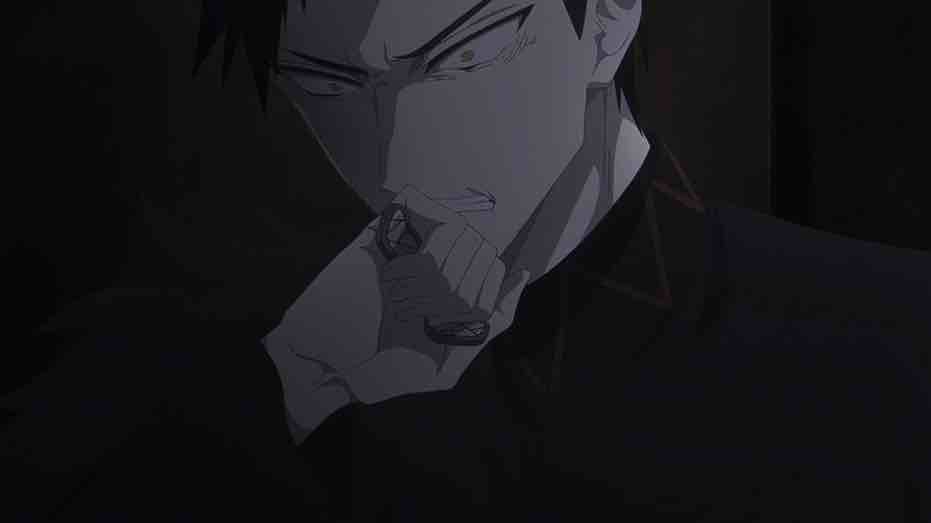
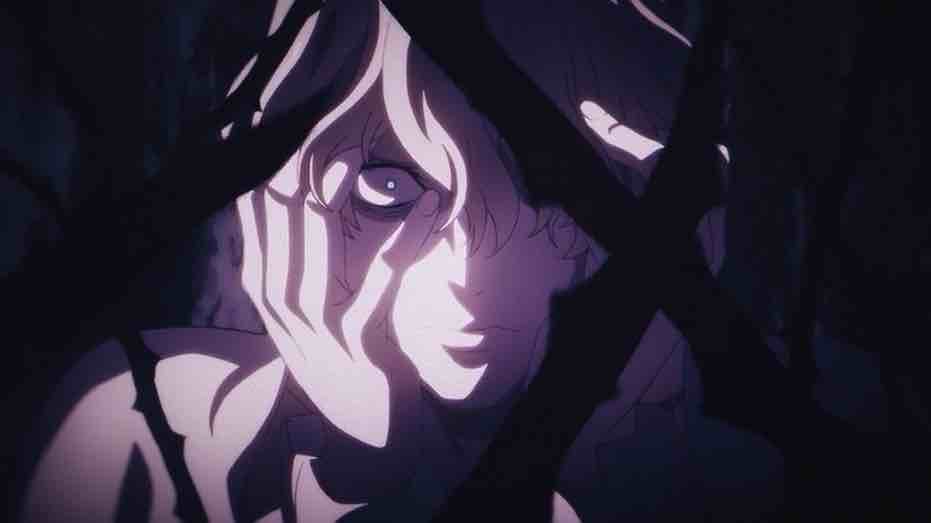
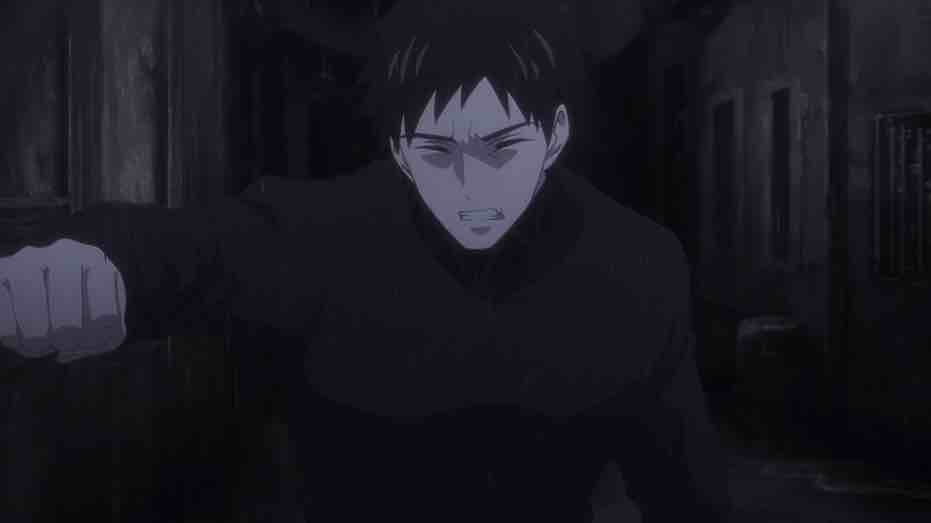
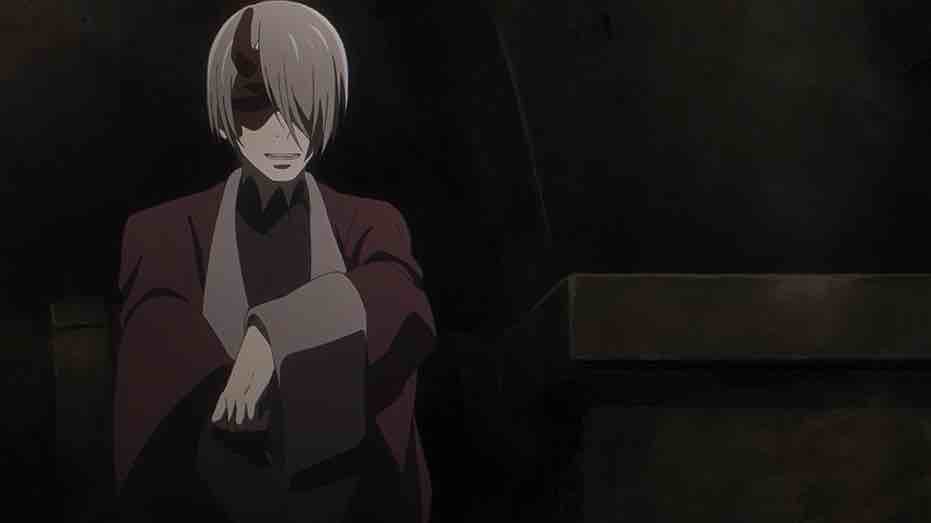
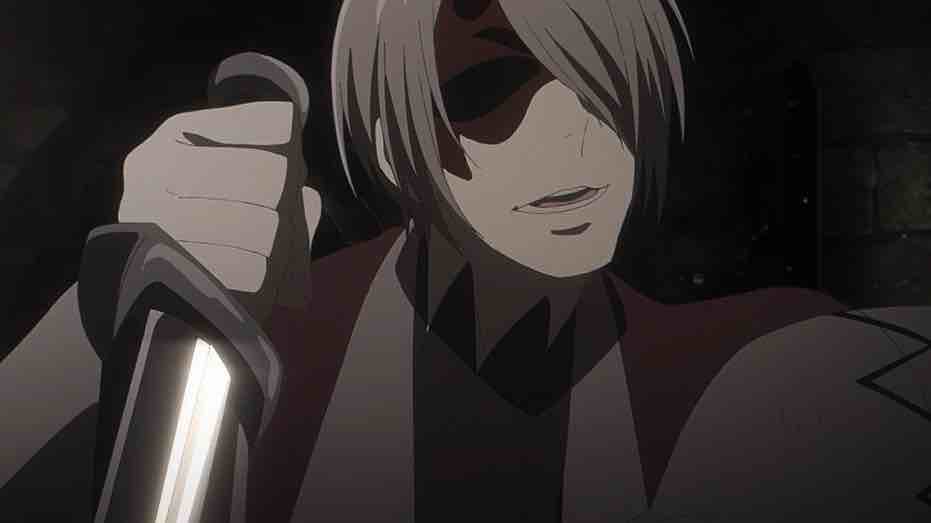
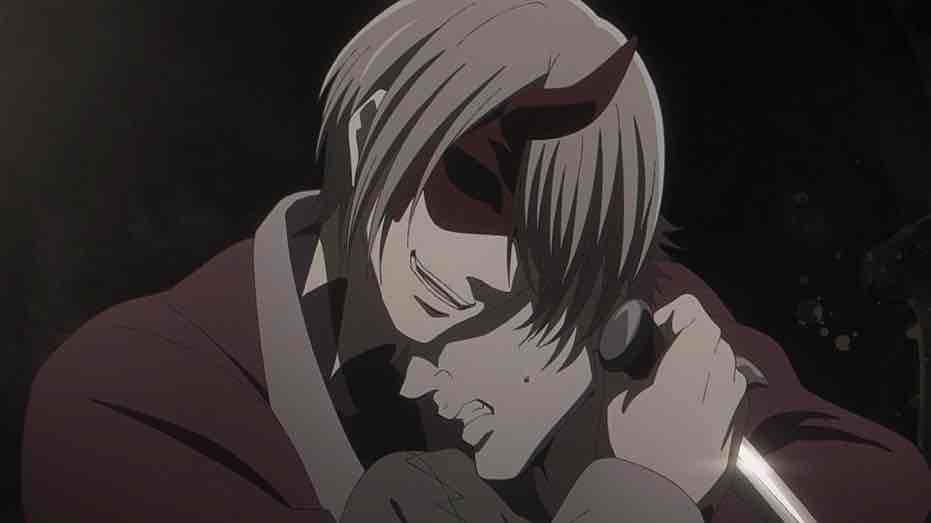
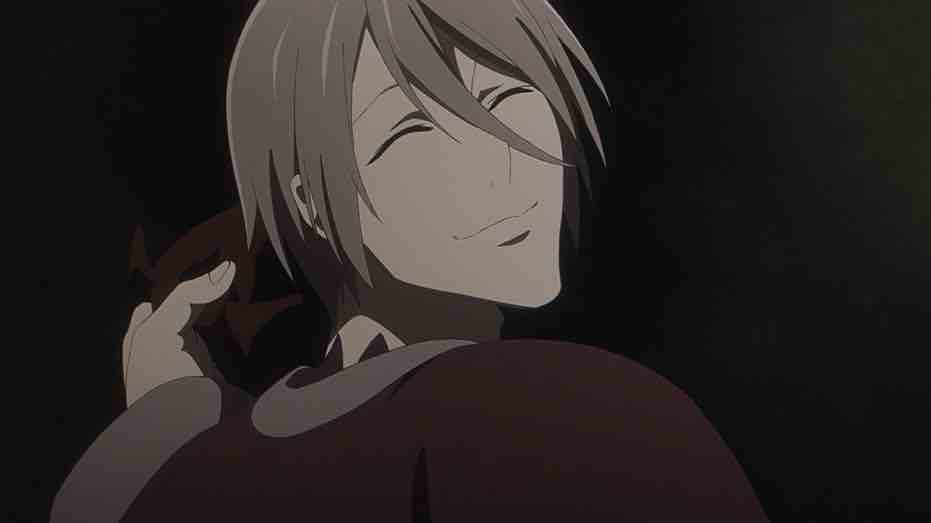
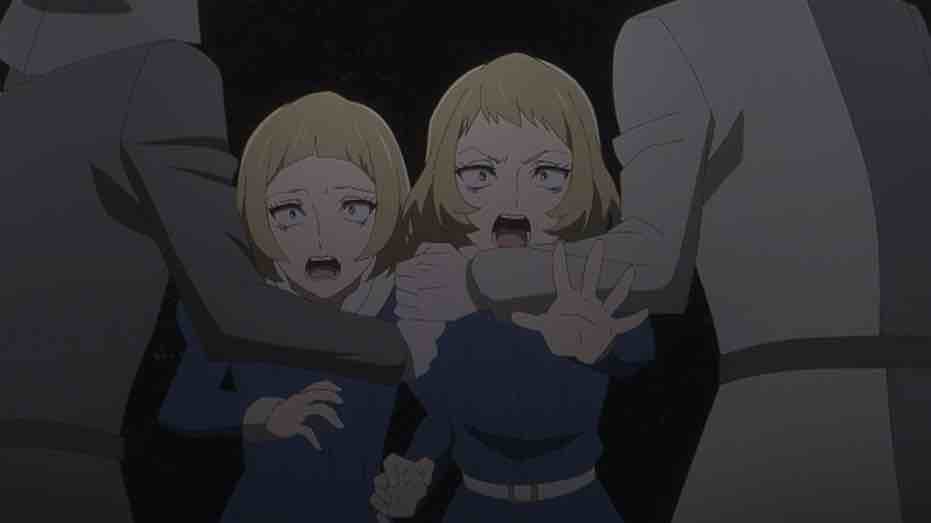
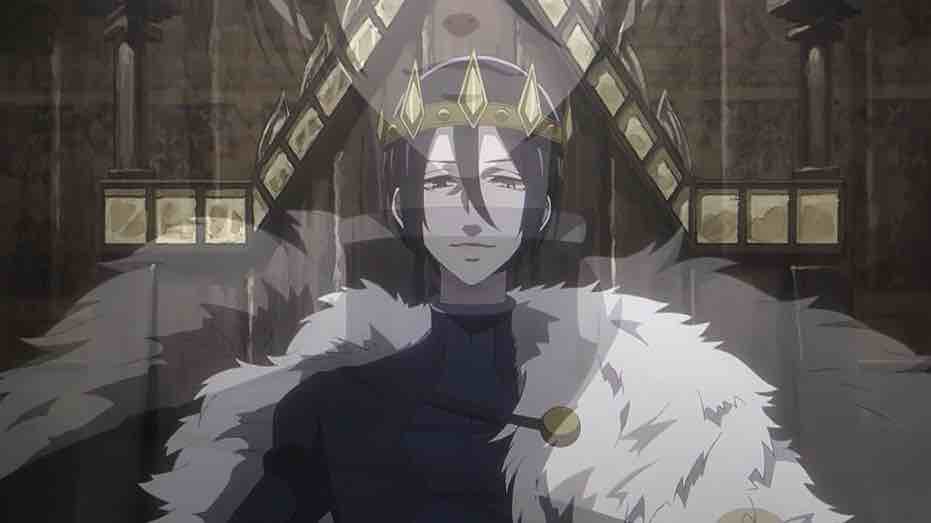


Collectr
May 10, 2022 at 12:33 amFor the first time in this series, I was hitting the fast forward button. The psychosexual drama is contrived and, frankly, boring. The arrival of the Duke of Richmond, incognito, is an interesting surprise, but it’s too dependent on the “no one recognizes anyone” trope that I disliked with Richard and Henry VI and Richard and Edward of Lancaster. The historical Duke of Richmond was a wily and cautious man who knew full well that Yorkist agents were on the hunt for him and his head.
On the other hand, Richard’s descent into ambition-driven darkness, visible behind all the flamboyant trappings of the story, is compelling. I wish it was the primary focus.